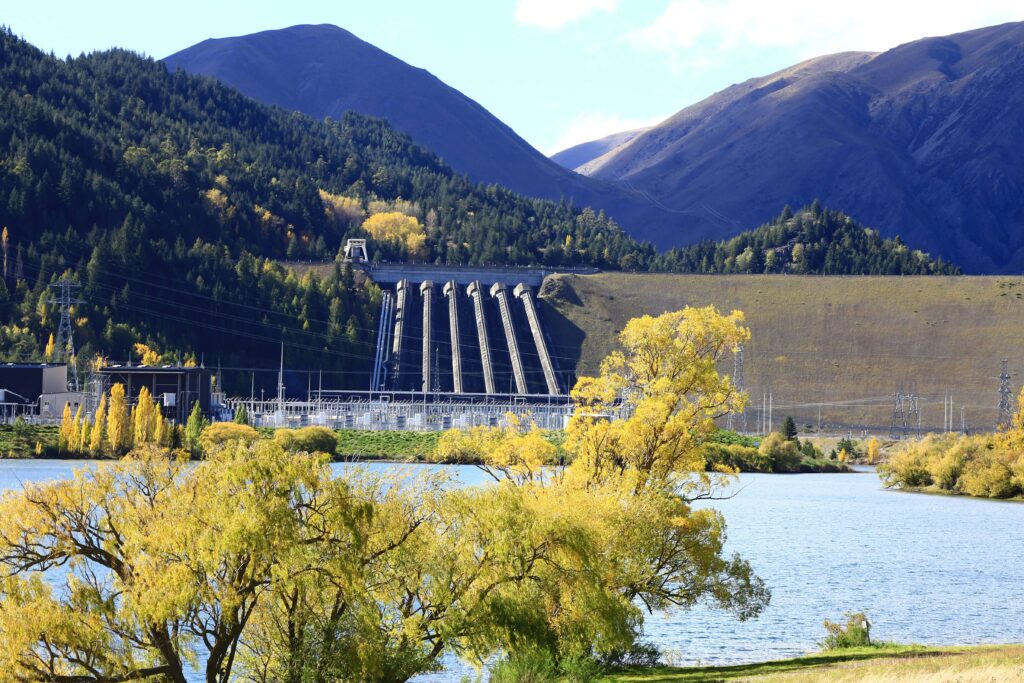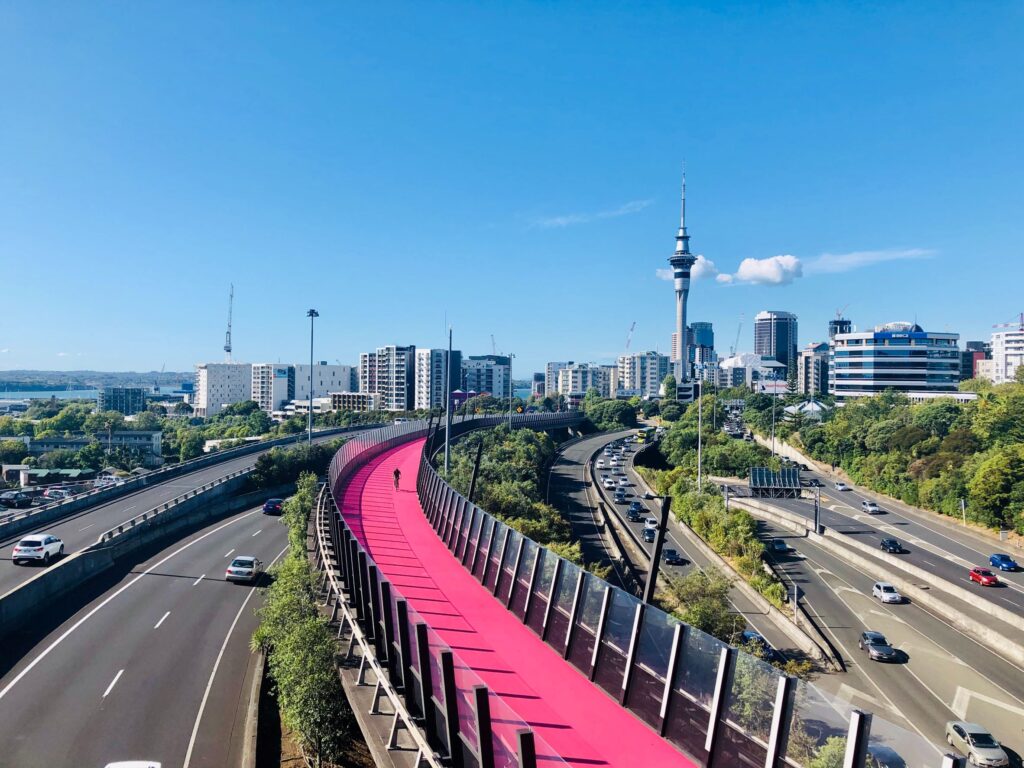Submissions
Submission in response to proposed changes to NZ Emissions Trading Regulations 2024
In this submission the primary points we cover are steps that can be taken to improve the way the ETS operates, so that it becomes a lot more effective and capable of meeting the
urgent need to reduce our emissions. The possibility of replacing the current ETS with a
simple carbon tax is also covered.
Two other key points we cover are first the need for greater clarity in our net emissions measurements, and second the strong case for introducing a citizen’s dividend, funded from the revenue the Government receives from carbon charges, to compensate people for the rising costs of goods and services that will result from carbon charge increases.
Submission on the Fast-track Approvals Bill 2024
The Government introduced its “Fast-Track Approvals Bill” to parliament earlier this year, with
purpose to provide a stream-lined decision-making process for infrastructure and development
projects that are considered to have significant regional or national benefit. We acknowledge that
the current process for obtaining consents is time consuming, and so we support the prospect of a
speedier consent process for urgent, beneficial projects (and especially for projects facilitating transition away from the production of plastics, greenhouse gases, and other pollutants) – but we maintain that this ought to be achieved through completing a robust assessment process at an accelerated pace, and not by abandoning well established and due process. We see that this fast-track Bill fails to deliver to any reasonable requirement and so we do not support but strongly oppose
the Bill.
Submission On The Government Policy Statement On Land Transport 2024
This submission provides feedback on the draft Government Policy Statement on land transport 2024 (GPS 2024). GPS 2024 outlines the government’s land transport investment strategy over the next 10 years, the funding available, and where funding should be directed to deliver on this strategy. Our submission provides feedback on the new strategic priorities, identifies inconsistencies which conflict with the stated intent, identifies items that are missing from the policy statement, and items that we support.
Read MoreBuilding For Climate Change
Current scientific advice indicates the key design requirement for the safety of all humanity’s infrastructure and the wellbeing and sustainability of natural ecosystems and species is an 80% reduction of fossil fuel production within two decades.
To meet social & economic needs while phasing out this energy source, we will need to consider the consequential issues of a sustained decline in energy supply and material consumption in all sectors of the economy.
Read MoreMeeting The Net-Zero Challenge
The Government’s current proposal is to broadly accept the Climate Change Commission’s budgets from their 31 May 2021 final report, with minor changes related to forestry emissions. But based on the available information, the Commission’s emissions reduction targets for 2030 are far weaker than is required for New Zealand to do its part in meeting the key goal of the Paris Agreement to hold global warming to 1.5 degrees C.
Read MoreSubmission on Measures for Transition to an Expanded and Highly Renewable Electricity System
We recommend to commence work on a vision of how New Zealand will look without fossil fuels and then to develop a pathway how to get there. This consultation document assumes a great manufacturing effort over the next decades of power lines, power pylons, windmills, PV panels, electric cars, rail tracks and other infrastructure. This will all be done predominantly by using fossil fuels with associated emissions. It will also be done on the backdrop of diminishing resources of raw materials including crude oil. In terms of energy we are also dealing with a reduction of the ratio of Energy Returned On Energy Invested (EROI) while aiming to produce new infrastructure and trying to maintain or replace existing infrastructure all built with fossil fuels at a high EROI ratio.
Read MoreSubmission to Draft Advice of Climate Change Commission on 2nd Emissions Reduction Plan
The advice document subscribes to the economic growth paradigm in assuring the economy “would continue to grow under the recommended emissions budgets”. On the other hand, it has been established, that economic growth brings with it emissions’ growth, because an absolute decoupling of the two has not been achieved yet. It is therefore timely to start a discussion of “degrowth” to make a real and required impact on gross emissions. Degrowth of the economy means a planned reduction of the material throughput through the economy and the associated emissions, while focusing on a just transition and wellbeing indicators. Worldwide there is an increasing amount of literature generated and some of our members are contributing to the domestic discussion.
Read MoreSubmission to the Auckland Council on Waste Management
We live in a finite world with finite resources that should not be disposed of in landfills. The ultimate objective should be to do away with conventional landfills.
Read MoreSubmission to the Auckland Council on Transport
In ESR’s opinion, the Auckland Plan discussion document does not provide a clear or convincing description of the city’s transport options, and it does not adequately address the linkage between the nature and location of future land use development and the transport option selected.
Read MoreGovernment Policy Statement on Land Transport Funding
ESR is concerned at Government intervention in the process of objective decision making on national land transport funding in favour of state highway construction.
Read More






